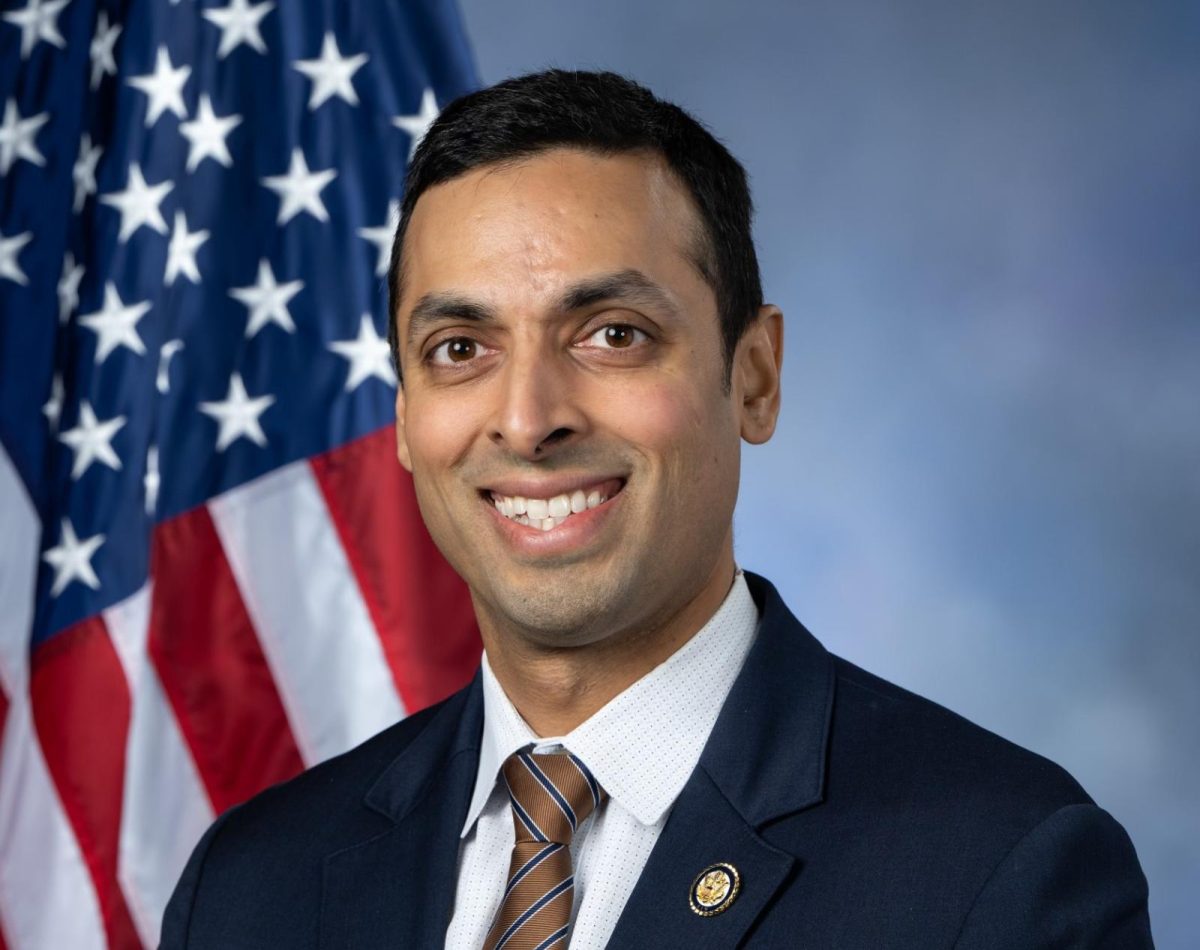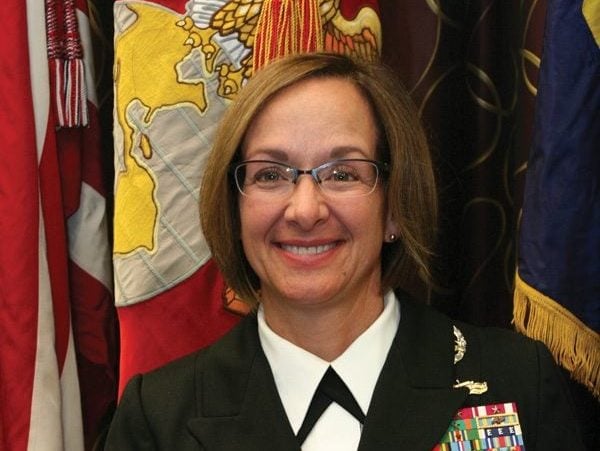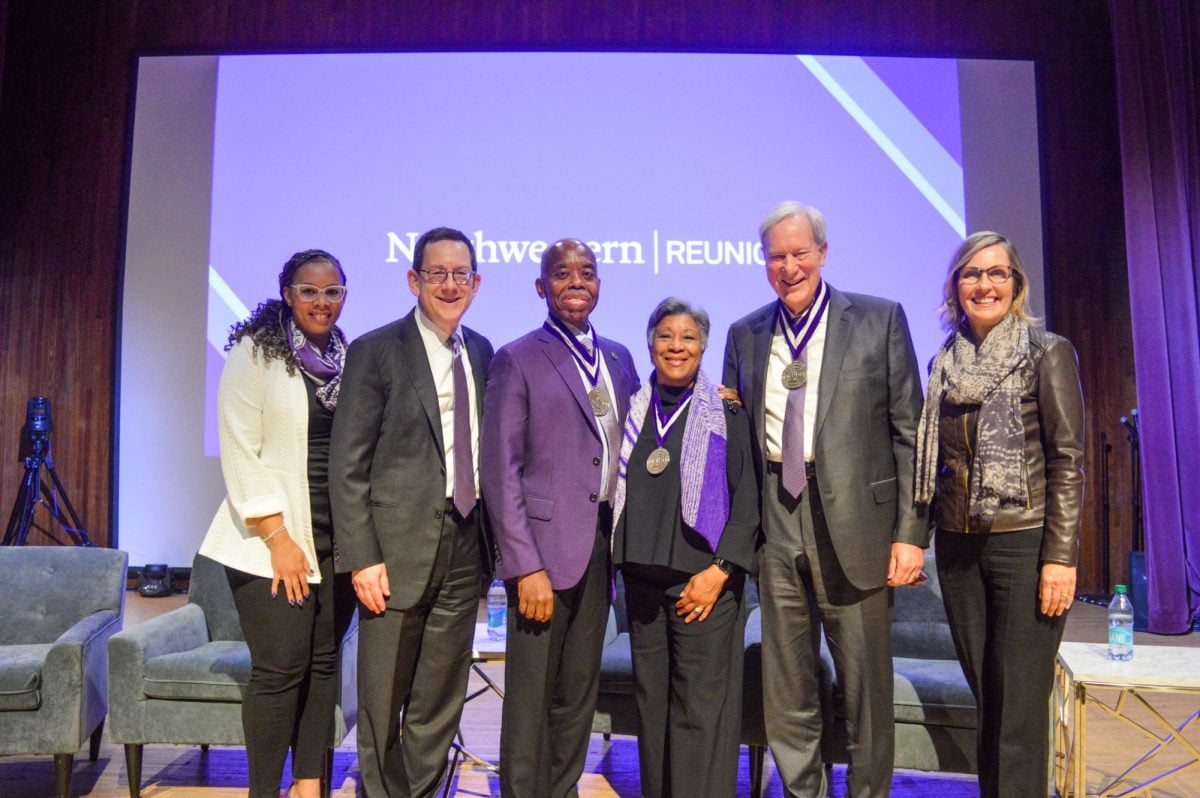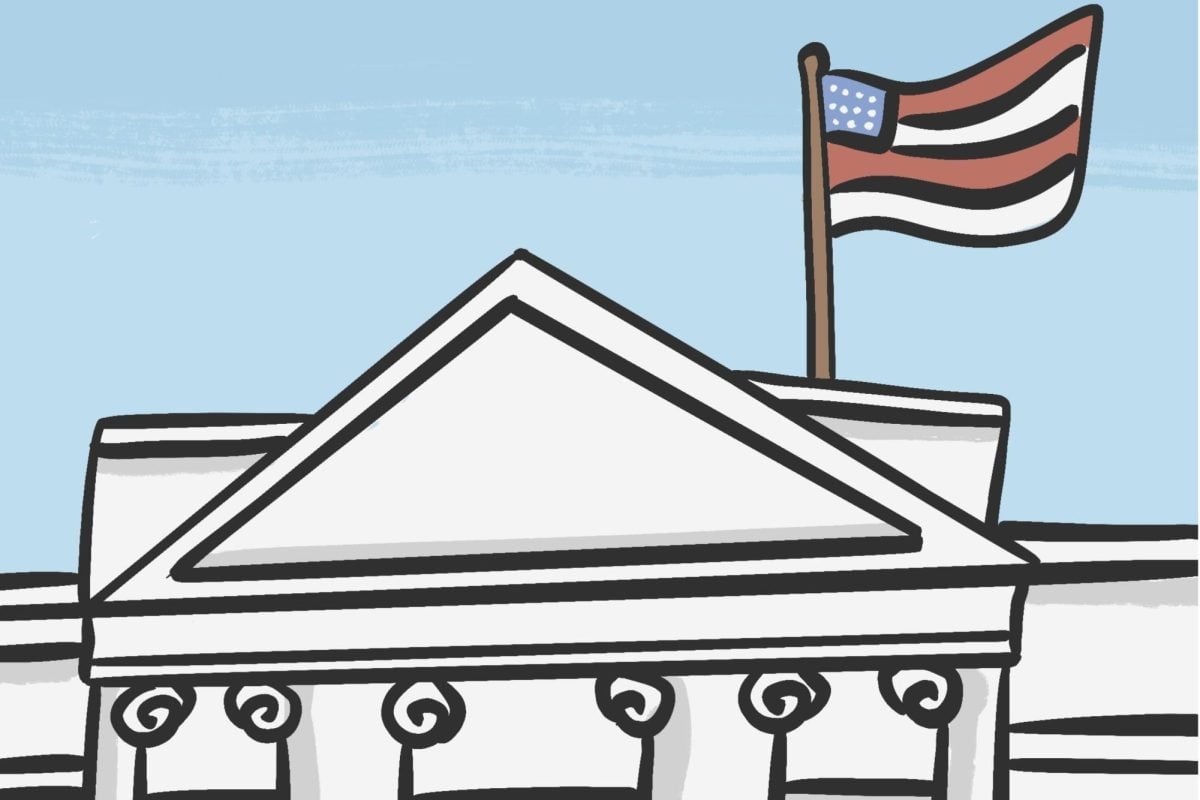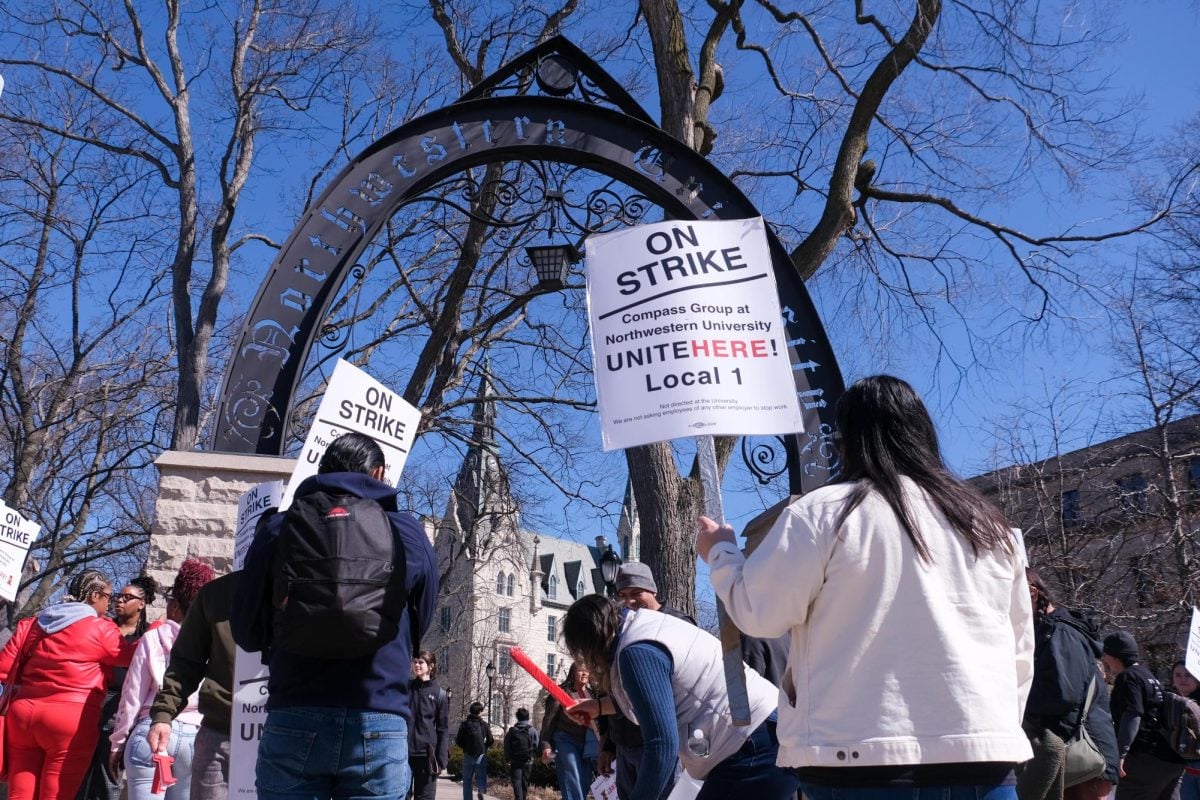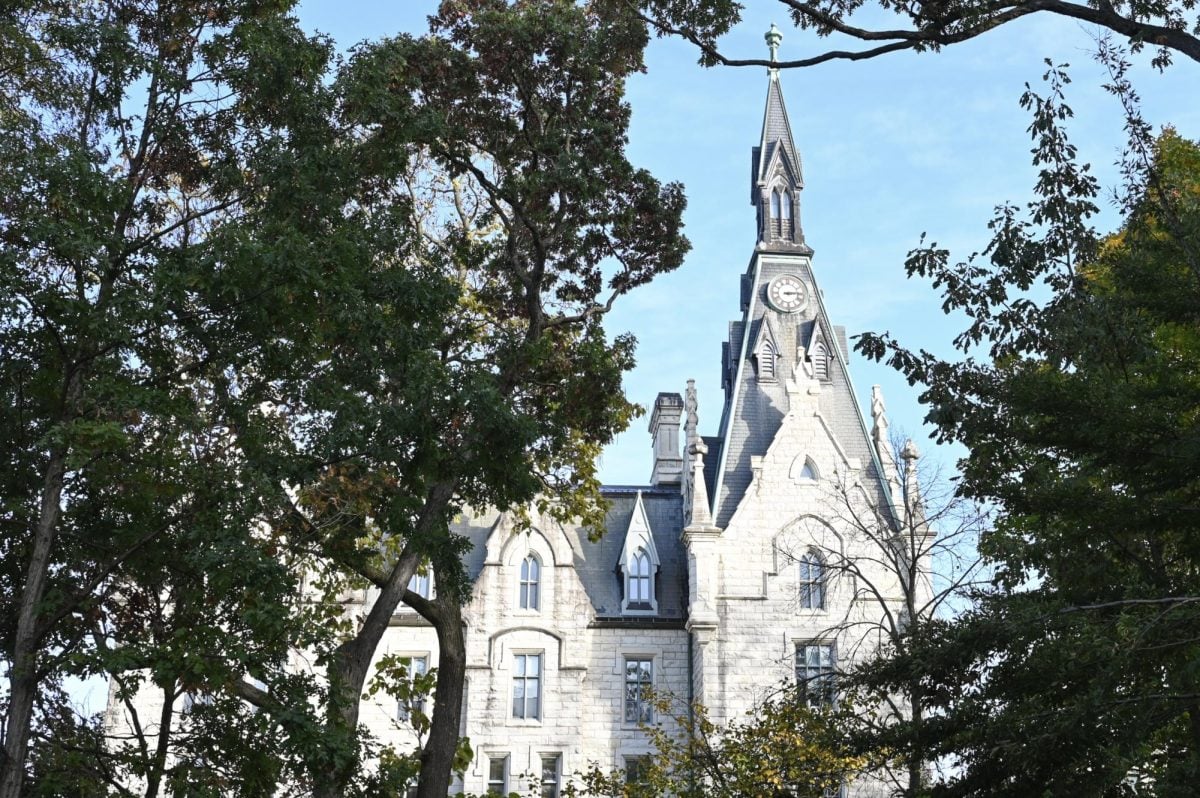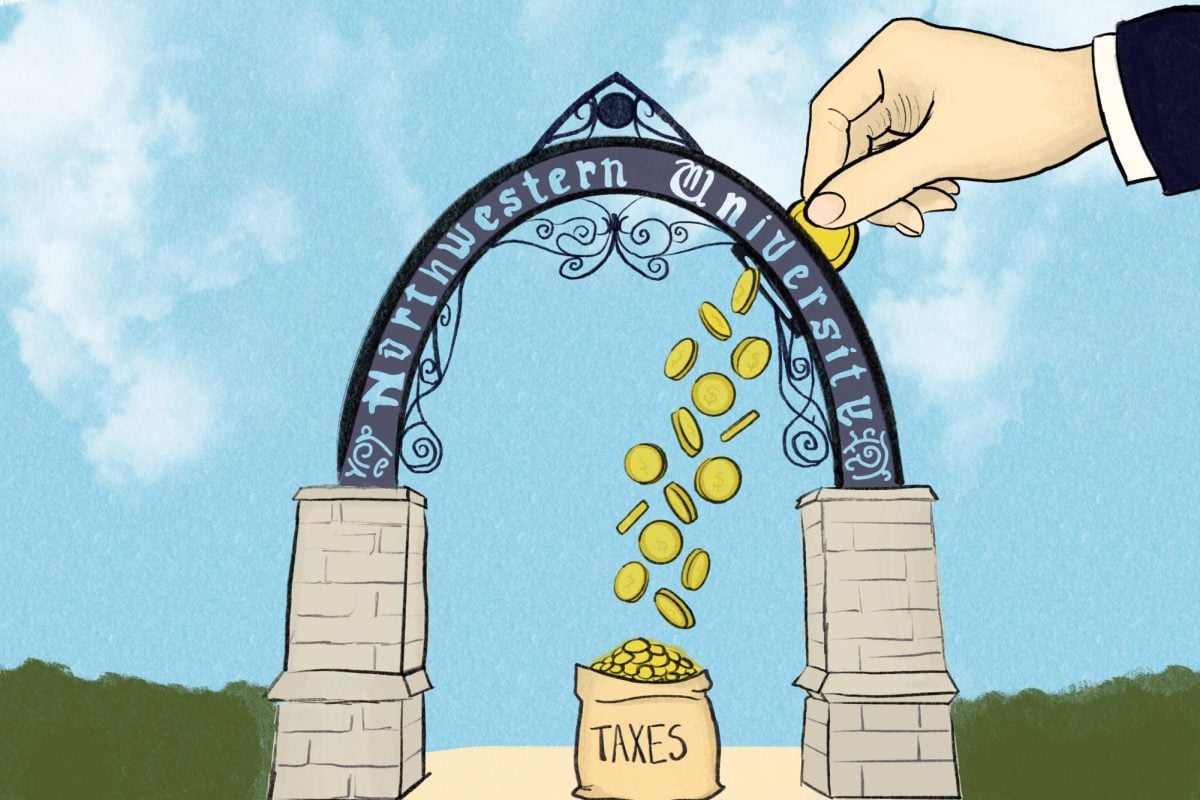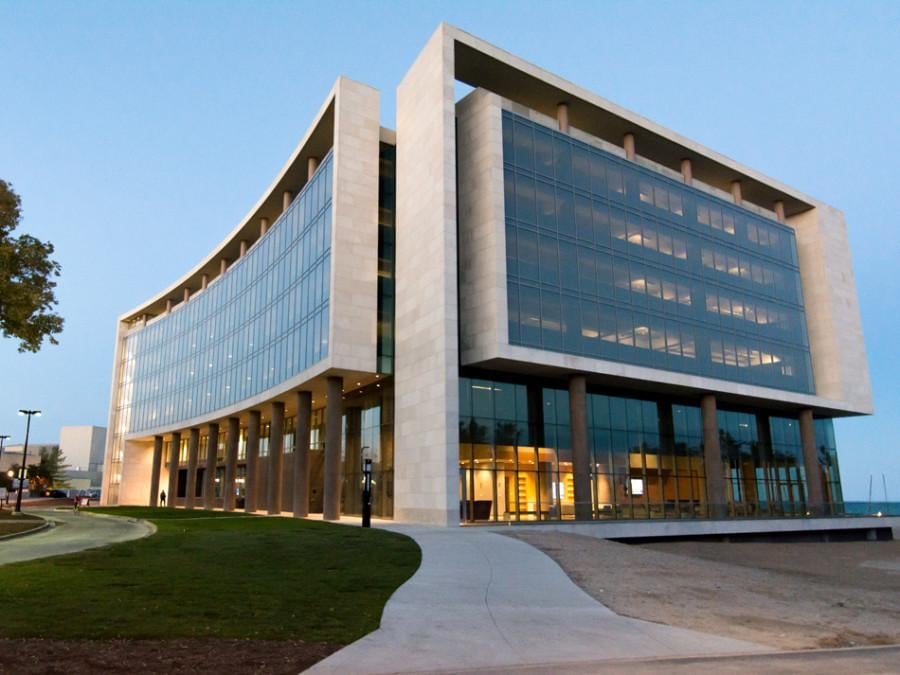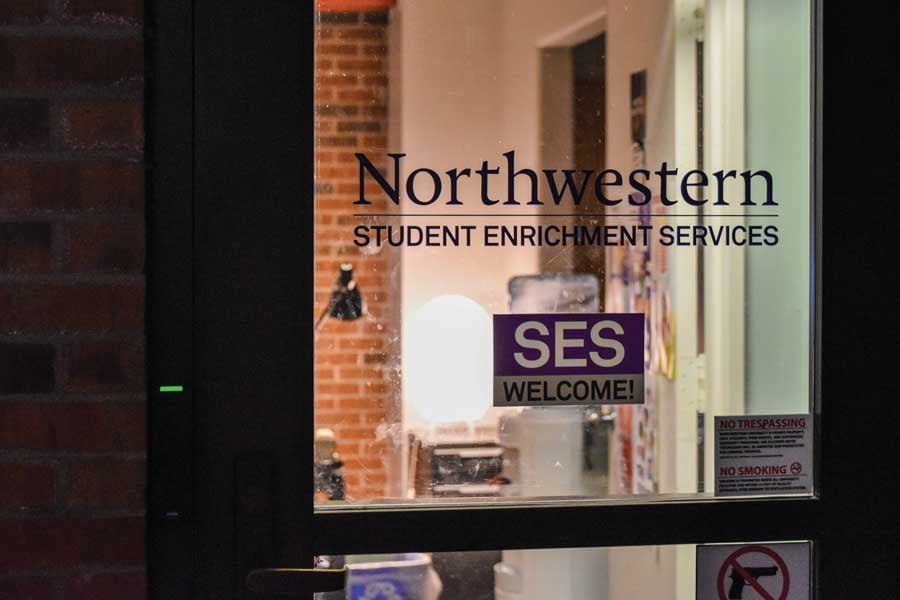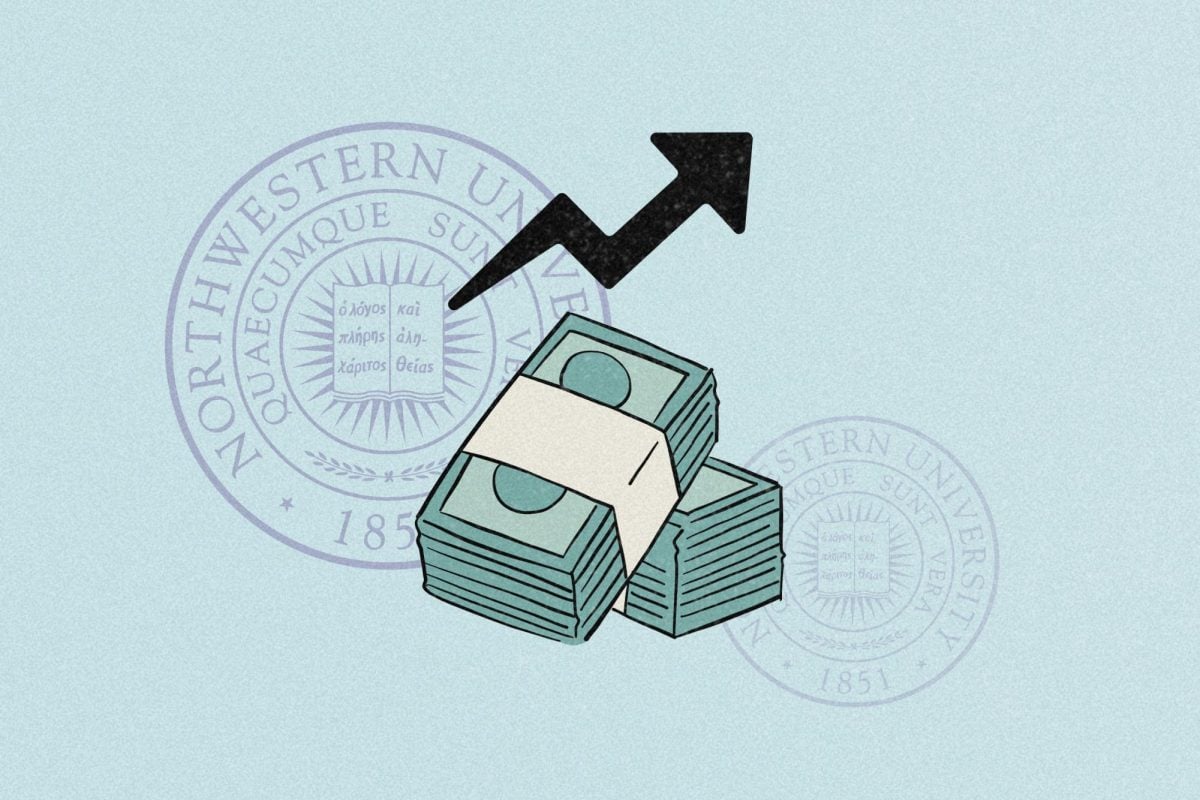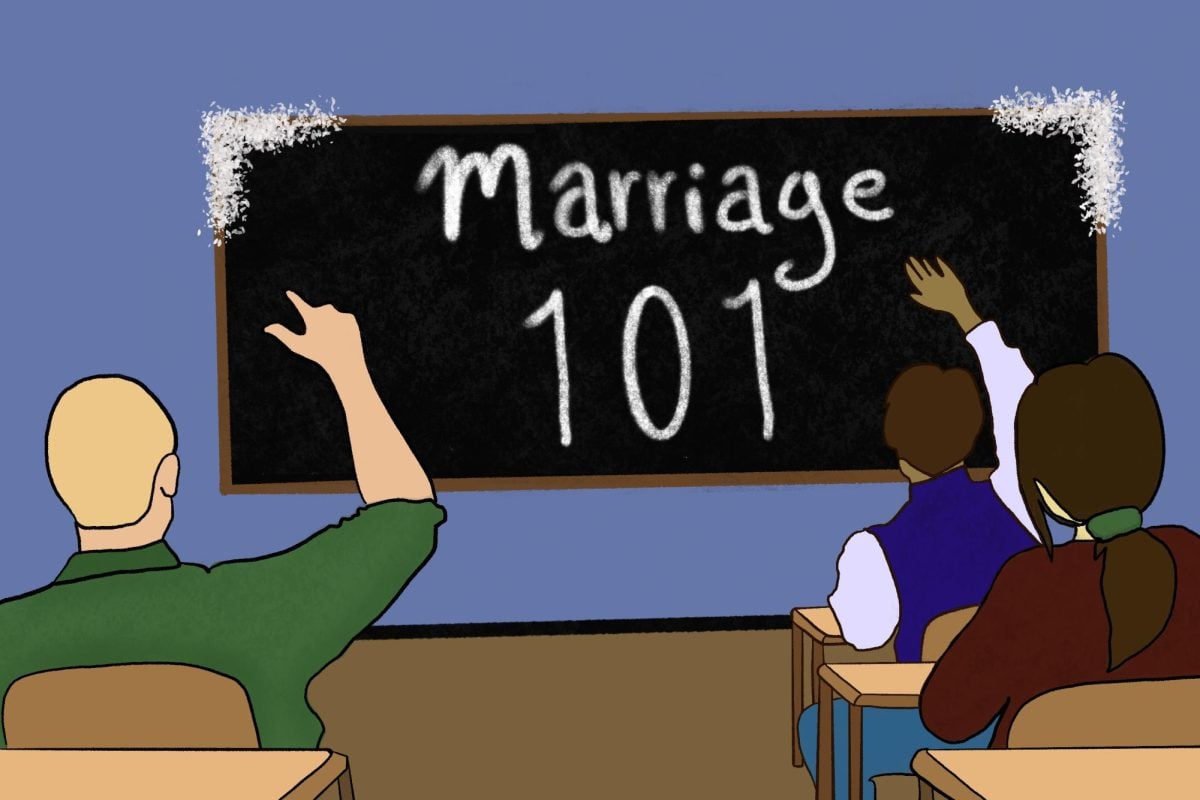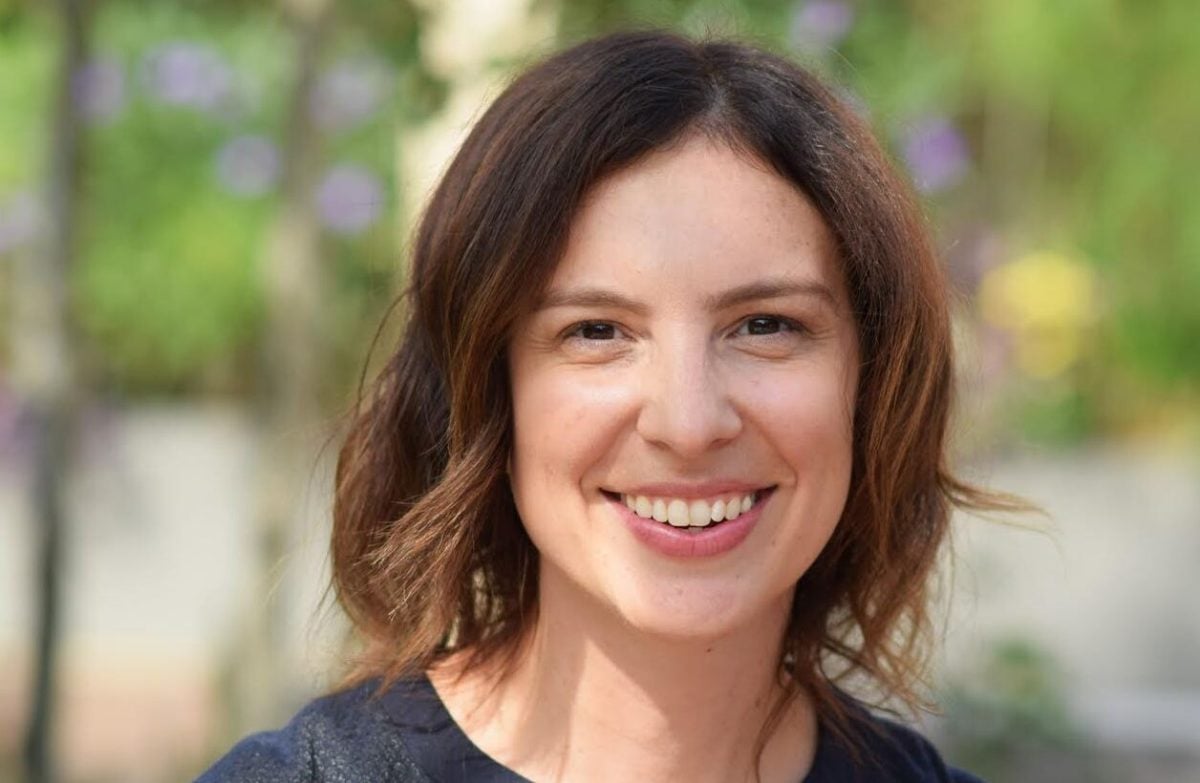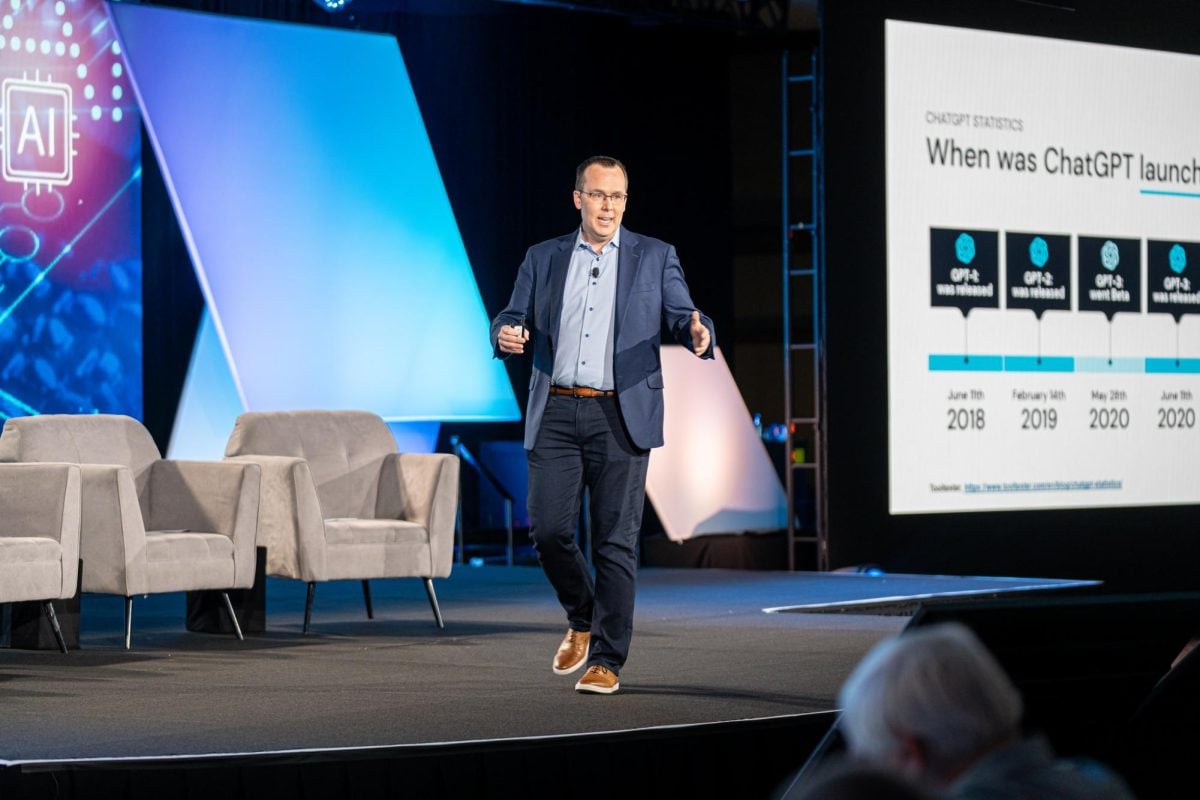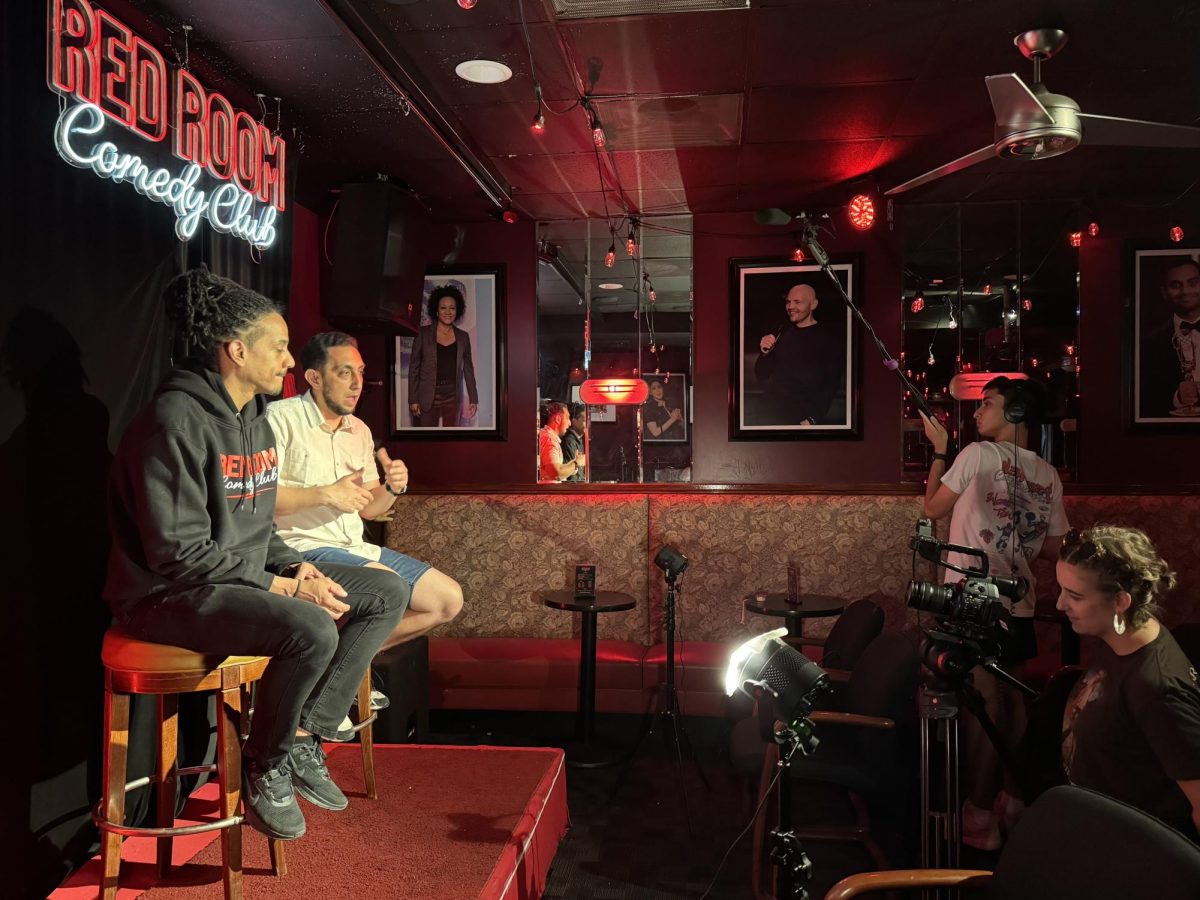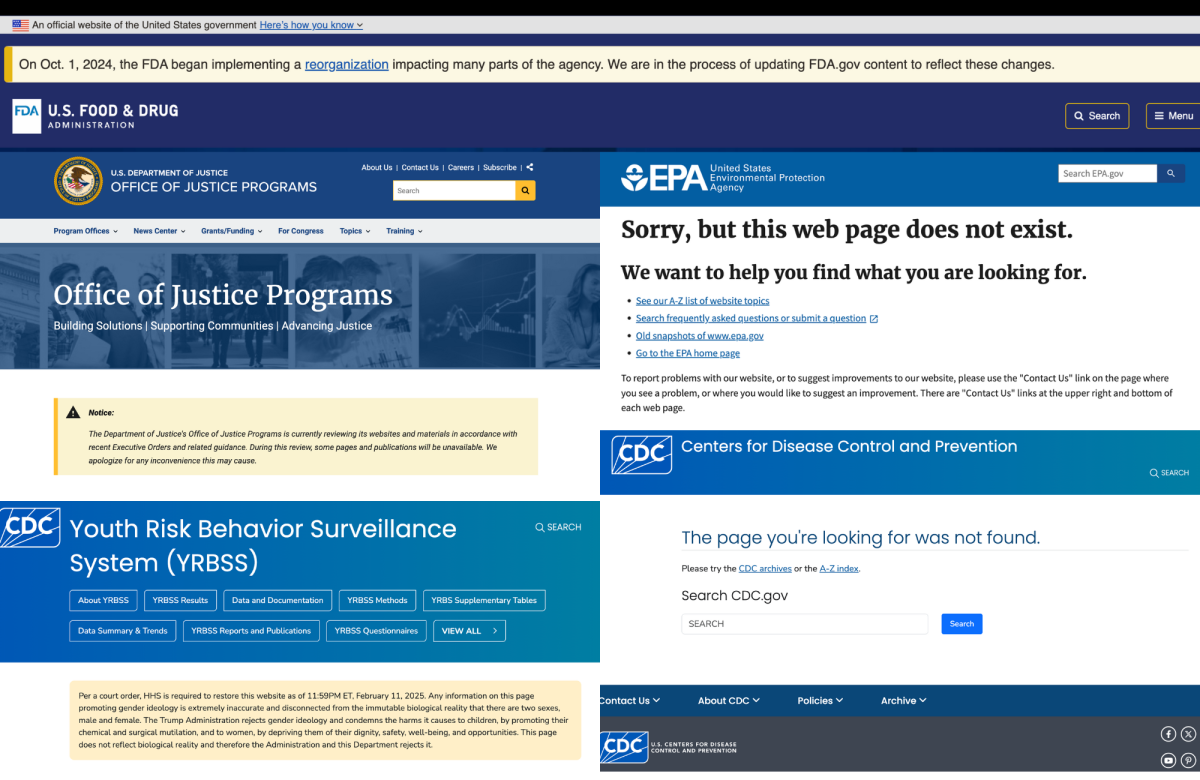Northwestern alumnus Michael Hainey (Medill ’87) recreates the world of Chicago journalism in the 1950s and ’60s in his new memoir.
Hainey, now the deputy editor of GQ, spent 10 years researching and writing “After Visiting Friends,” which was released last month. The book tells the story of Hainey’s family of journalists and the circumstances surrounding his father’s untimely death in 1970.
“We all have family, and every family has secrets, and we all long to go in search of the answers and the truth,” Hainey said. “I think that’s why the book resonates with readers so much — because it’s a very universal story, and it’s told in a very personal way.”
The memoir’s title comes from Hainey’s father’s obituary in the Chicago Daily News, which said Robert Hainey (Medill ’57, Medill ’58) died “while visiting friends.” The obituaries in other newspapers all gave similarly vague descriptions of the journalist’s death. Michael Hainey’s memoir centers on his quest to find out the whole truth about what really happened to his father.
“I’m a journalist who wrote about a family secret in my first memoir,” said Medill Prof. Michele Weldon (Medill ’78, Medill ’79), who had Hainey’s uncle as a professor while she was a student. “I know exactly what it’s like to be professionally a truth-teller and then to take a large risk to be public about a personal story. It’s a far braver thing to tell a personal truth than it is to tell other people’s.”
Medill Prof. Charles Whitaker (Medill ’80, Medill ’81) is currently reading Hainey’s memoir.
“It’s a good read,” he said. “It’s interesting to read about how it was a very different world of Chicago journalism … It is this world where there are these secrets.”
One of the journalists featured in the story is Hainey’s uncle, Richard Hainey (Medill ’45, MSJ’45), who he said was “central to the mystery of the story.”
Richard Hainey’s role in the memoir strengthens the story’s connection to the Medill even further.
Whitaker, like Weldon, remembers taking classes taught by Richard Hainey, who plays a major role in the memoir.
“He was the quintessential, hard-bitten, hard-boiled curmudgeon of a newswriting instructor,” Whitaker said. “He was feisty and salty and gruff and put the fear of God into everyone. Everyone was deathly afraid of him.”
Pamela Cytrynbaum (Medill ’88) also had Hainey as a professor.
“As a Medill alum, there’s a certain amount of pride that goes along with having been a student of Hainey’s,” she said.
Although she said she has not started the book yet, she said she looks forward to reading it.
“I can’t wait to get my hands on it,” she said.

